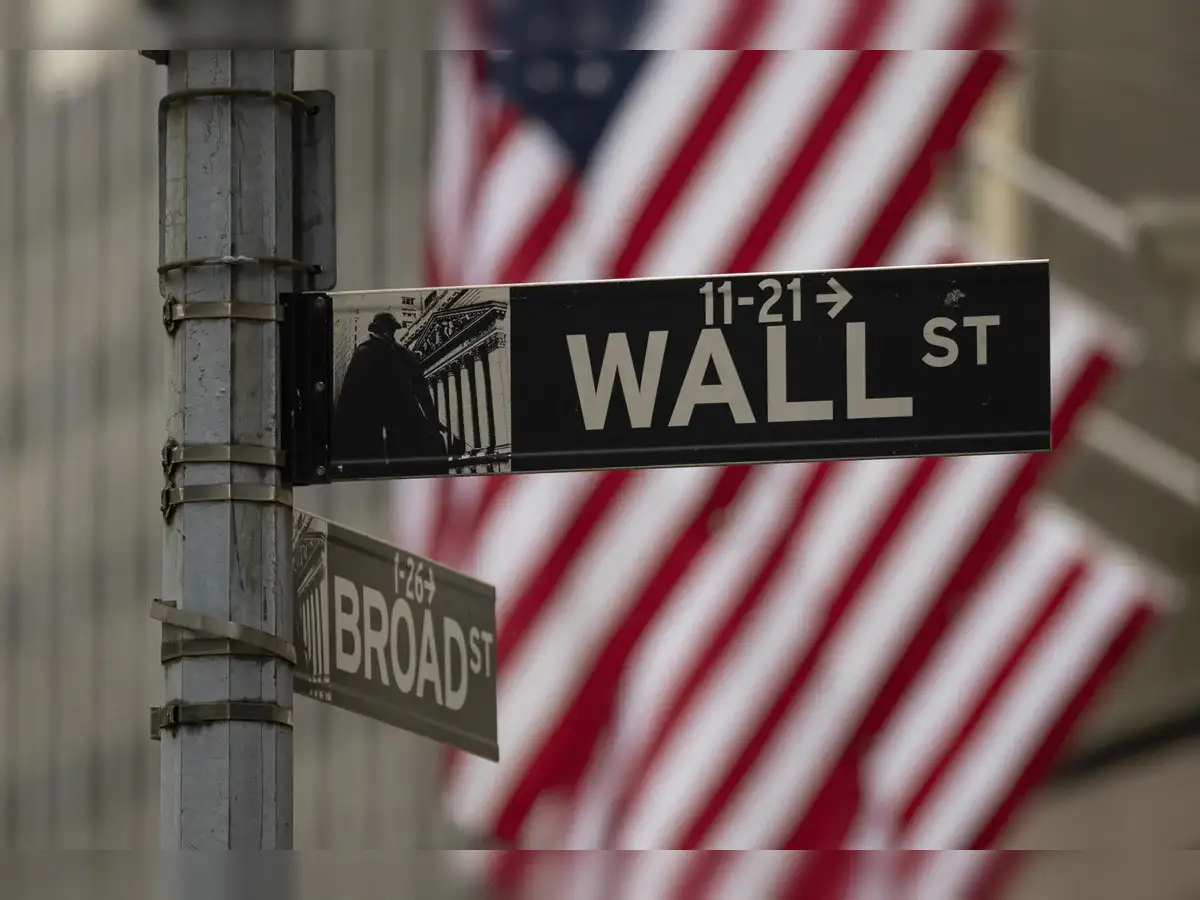FCCPC warns FCT traders against price fixing, threatens sanctions
The Federal Competition and Consumer Protection Commission (FCCPC) has issued a stern warning to market traders in Abuja against price fixing, rebagging substandard goods, and selling counterfeit products, saying perpetrators will be prosecuted under Nigerian laws.
The caution came during the FCCPC’s market engagement forum held in the Abuja on Tuesday, as part of a nationwide effort to promote fair trade, educate traders, and tackle exploitative practices.
The commission’s executive vice chairman, Tunji Bello, represented by Bridget Etim, principal consumer and business education officer, said the commission had begun surveillance and enforcement operations in several markets across the FCT and would not hesitate to prosecute violators.
“Just two months ago, precisely in April 2025, the Commission’s operatives sealed several shops in Utako Market, Abuja, after uncovering deceptive practices involving the rebagging of illicit rice as foreign brands,” he said.
The commission also recently inaugurated an inter-agency market monitoring taskforce to tackle counterfeiting and safeguard consumer welfare in four key markets: Wuse Market, Utako Market, Garki International Market, and Garki Modern Market.
The Joint Market Monitoring Taskforce (JMMT) first phase is expected to cover Wuse Market, Utako Market, Garki International Market, and Garki Modern Market. Terms of reference have been shared with members, who have pledged their cooperation.
It earlier inaugurated a multi-agency committee to develop a digital traceability portal aimed to curb the spread of counterfeit products in Nigeria.
The EVC listed multiple forms of misconduct currently being investigated by the Commission. These include the mislabelling and rebagging of expired or poor-quality goods, price collusion among traders, and tampering with weights and measures to cheat customers.
“These are not just bad business practices, they are illegal,” he said. “They cheat consumers and punish honest traders.”
According to him, many traders also ignore or refuse to resolve genuine consumer complaints, a habit he described as a violation of both legal and ethical obligations.
The commission said all identified malpractices fall under clear breaches of the Federal Competition and Consumer Protection Act (FCCPA) 2018 and would be met with strict enforcement.
Practices such as price-fixing, where traders agree among themselves to inflate prices artificially, especially during festive seasons or times of scarcity, distort market forces and harm consumers, Mr Bello warned.
“If you are doing the right thing, you have nothing to fear. However, where infractions persist, the Commission will act decisively,” he said.
He clarified that the FCCPC’s aim is not to punish businesses but to support honest traders and protect consumers from harm.
“Our visit is not for show. We are here to educate, but also to collaborate,” he said. “Markets work best when everyone plays by the rules.”
He urged traders and market leaders to partner with the Commission by reporting illegal practices such as counterfeiting, short measures, or unfair price hikes. Reports, she added, would be treated confidentially.
The forum, held under the theme of business education and compliance advocacy, forms part of the Commission’s broader agenda to promote consumer rights and economic transparency.
Mr Bello tied the exercise to the federal government’s Renewed Hope Agenda, noting that fair markets are critical to national growth.
“Nigeria cannot grow if her markets are broken. But when our markets are fair, competitive, and transparent, everybody wins — the buyer, the seller, and the economy,” he said.
The FCCPC said it would continue to hold similar engagements in other states while strengthening partnerships with market associations and rolling out educational campaigns in major Nigerian languages.















